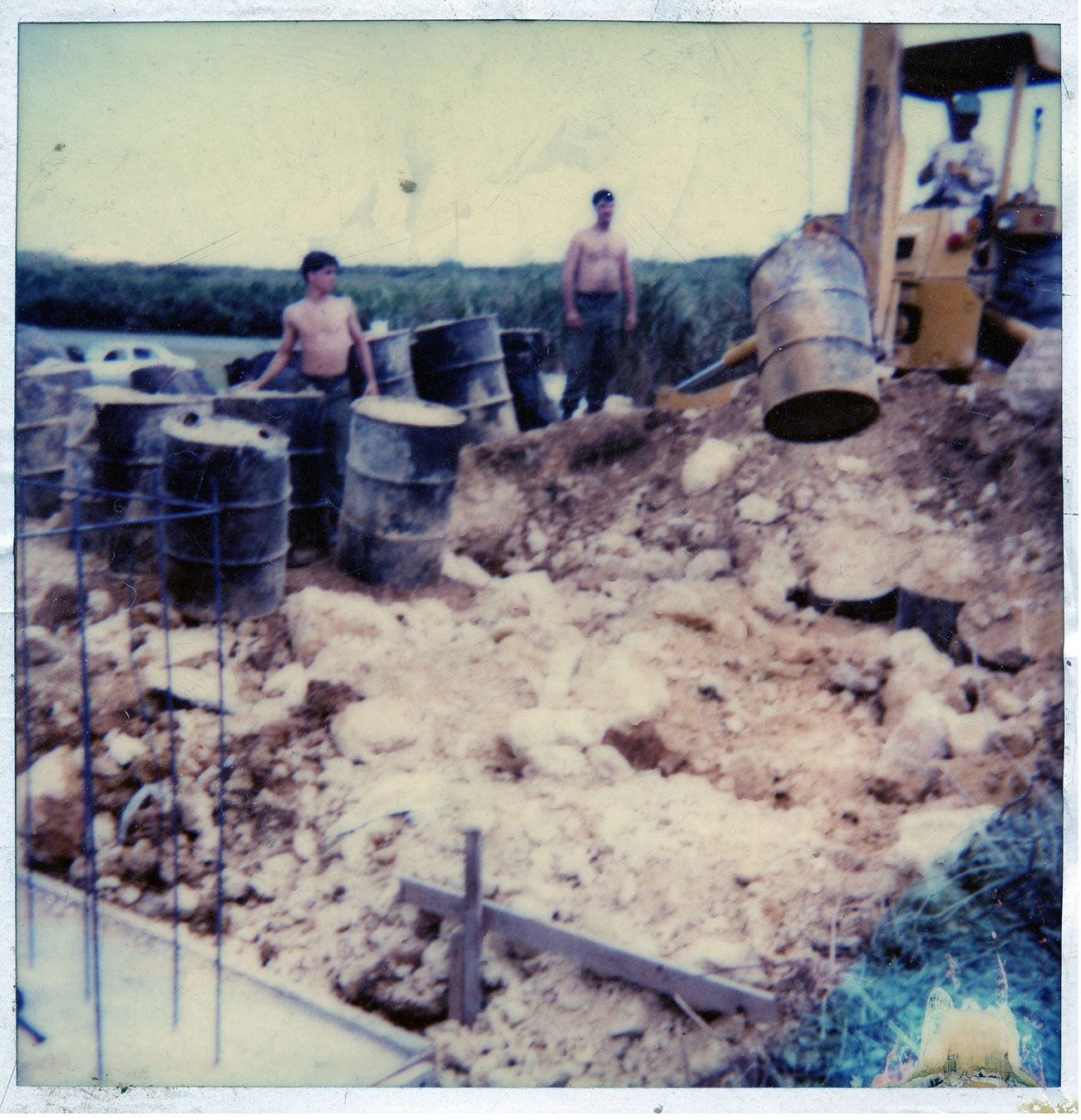
Jon Mitchell
Jon Mitchell writes about human rights issues on Okinawa. In 2015, he received the Foreign Correspondents' Club of Japan Freedom of the Press Award for Lifetime Achievement for his investigations into U.S. military contamination on Okinawa and other base-related problems.
Mar 17, 2014
Mar 17, 2014
Mar 3, 2014
Feb 1, 2014
Dec 4, 2013
Aug 7, 2013
Jul 27, 2013
Jun 4, 2013
Jun 4, 2013
May 28, 2013































